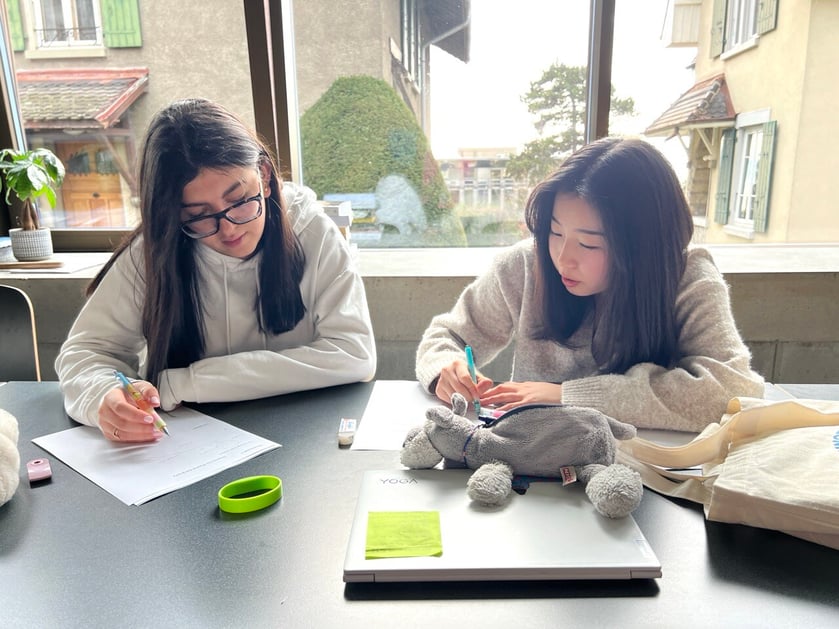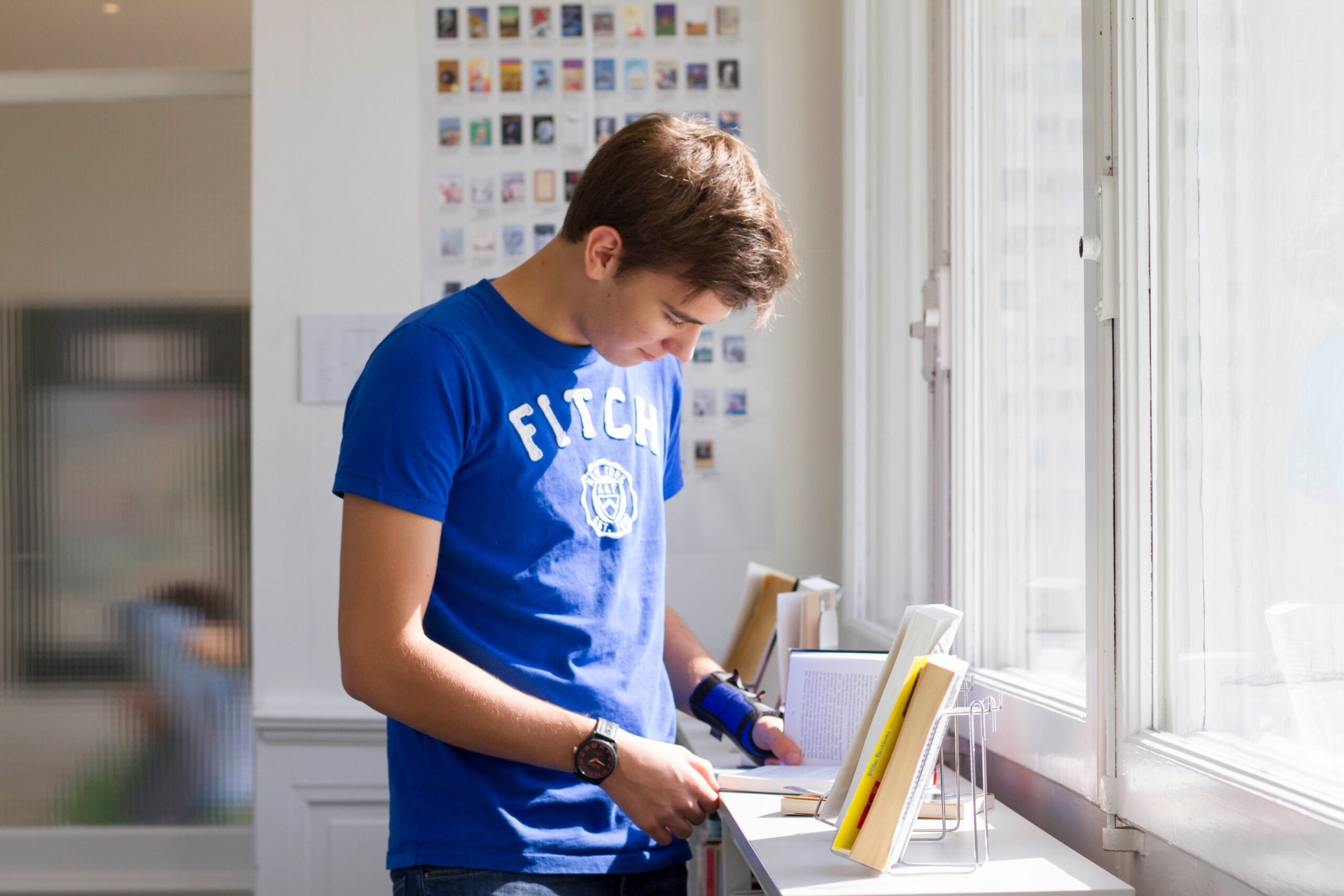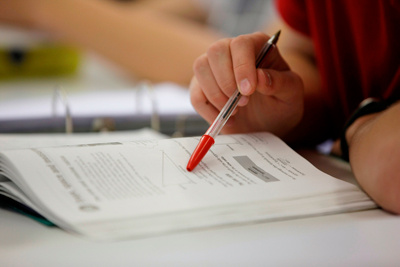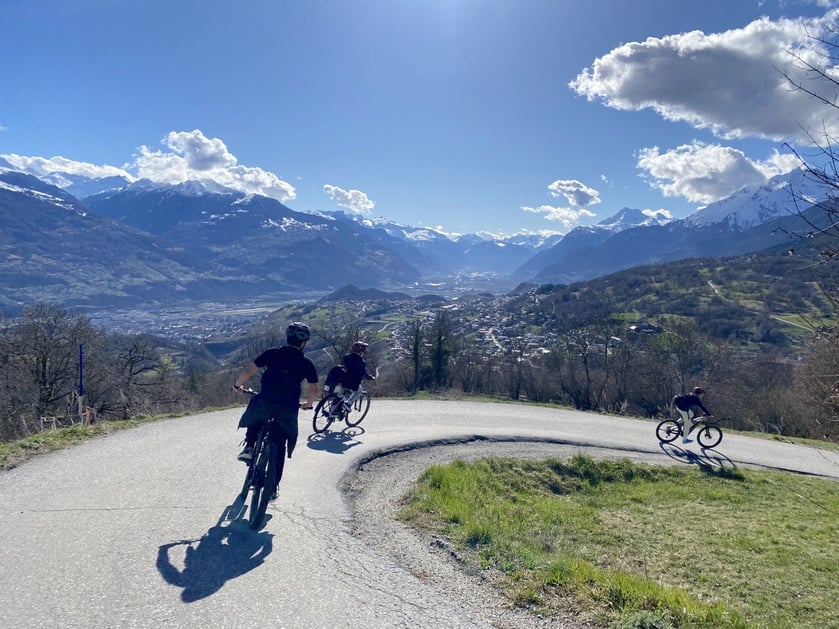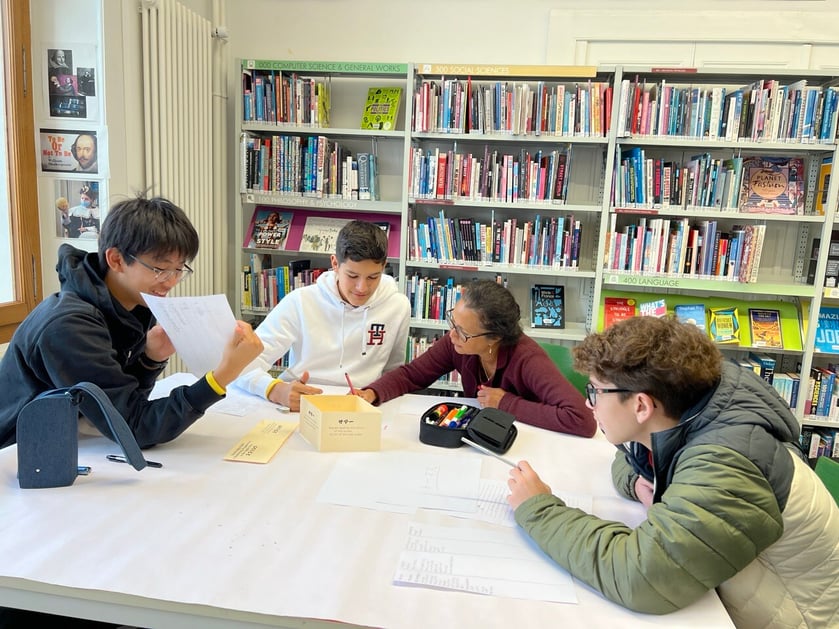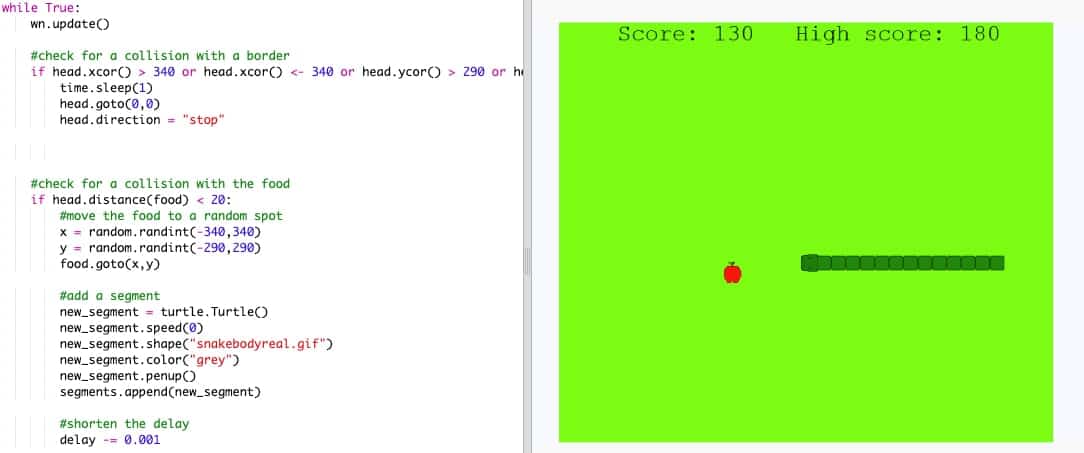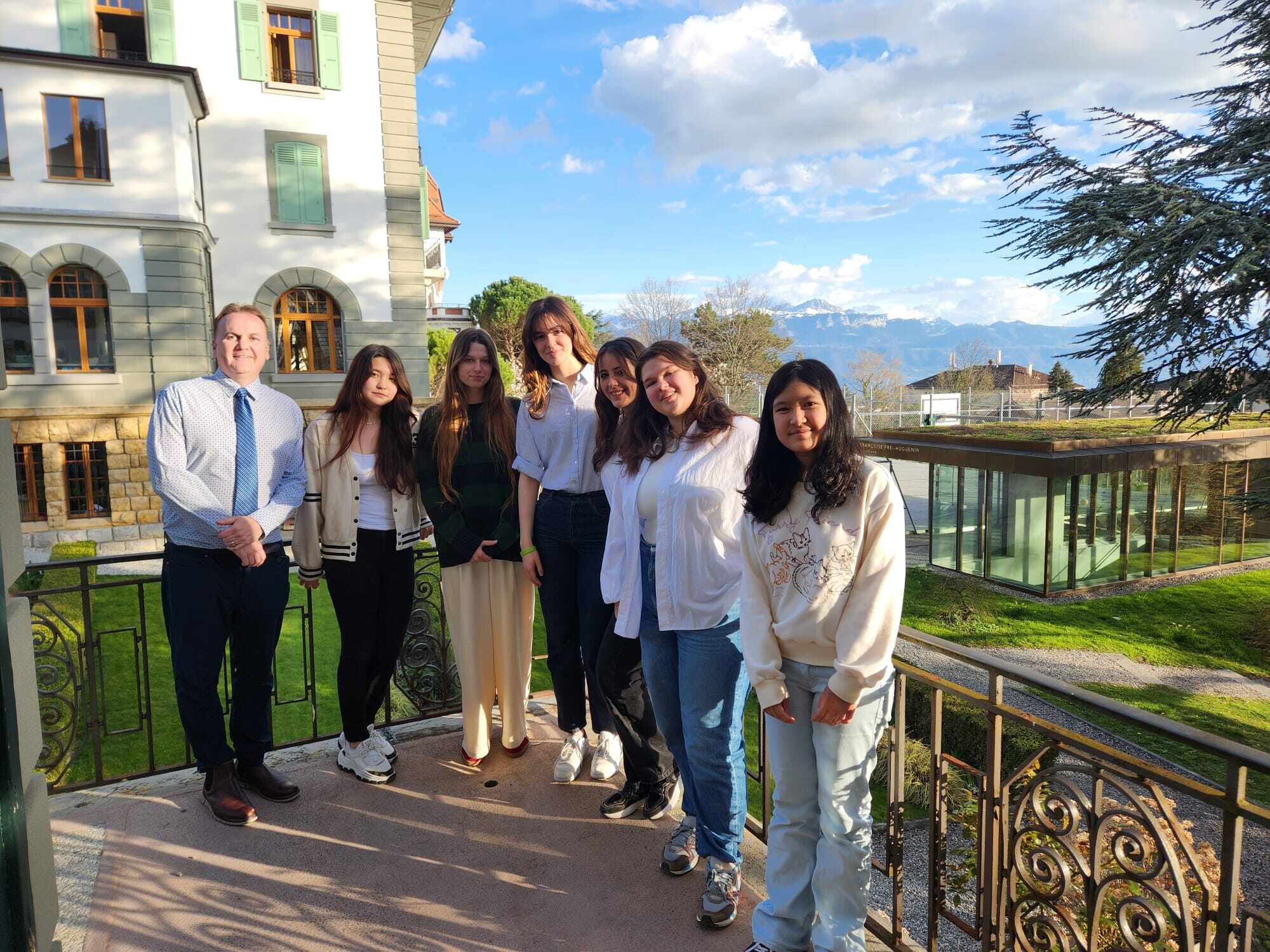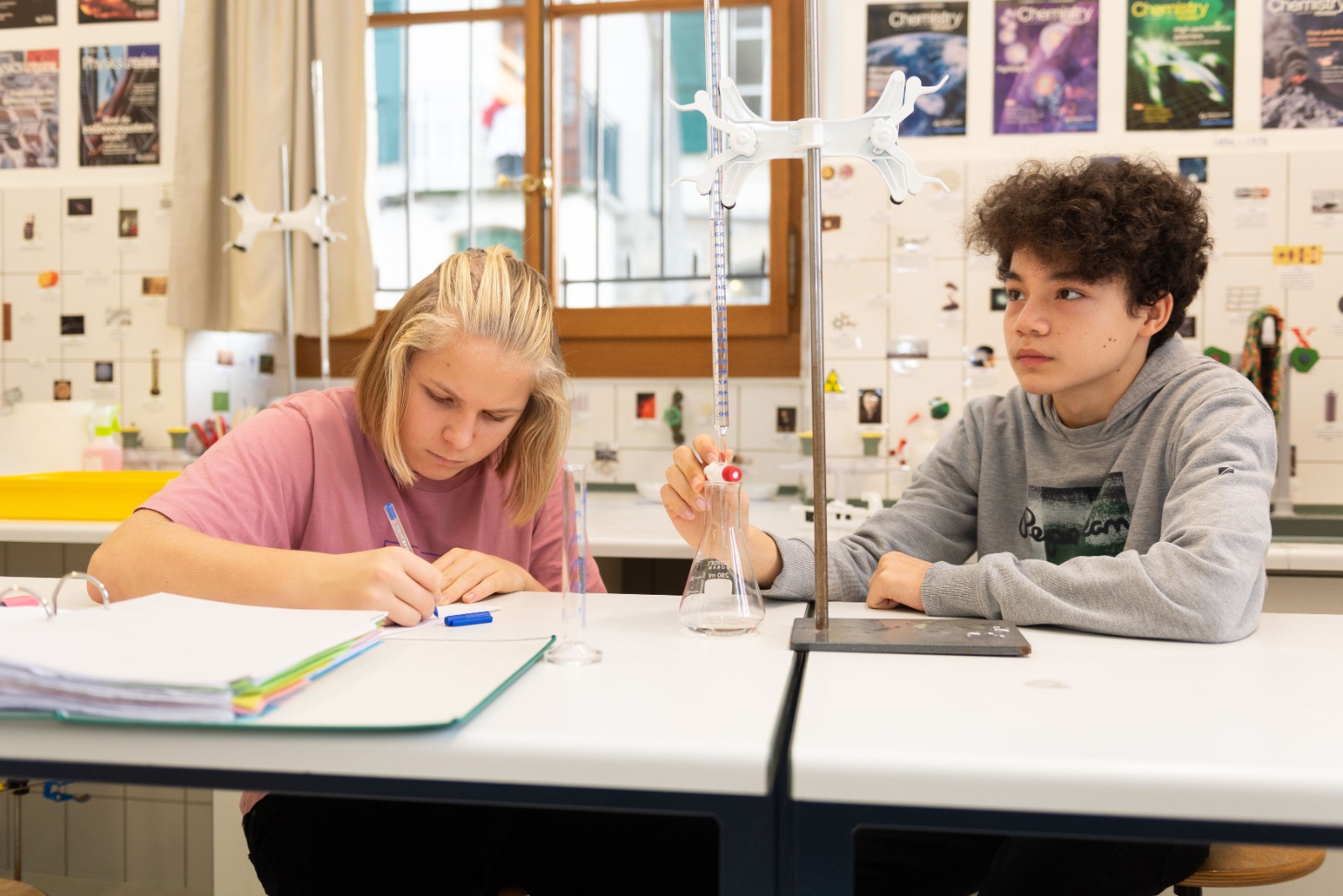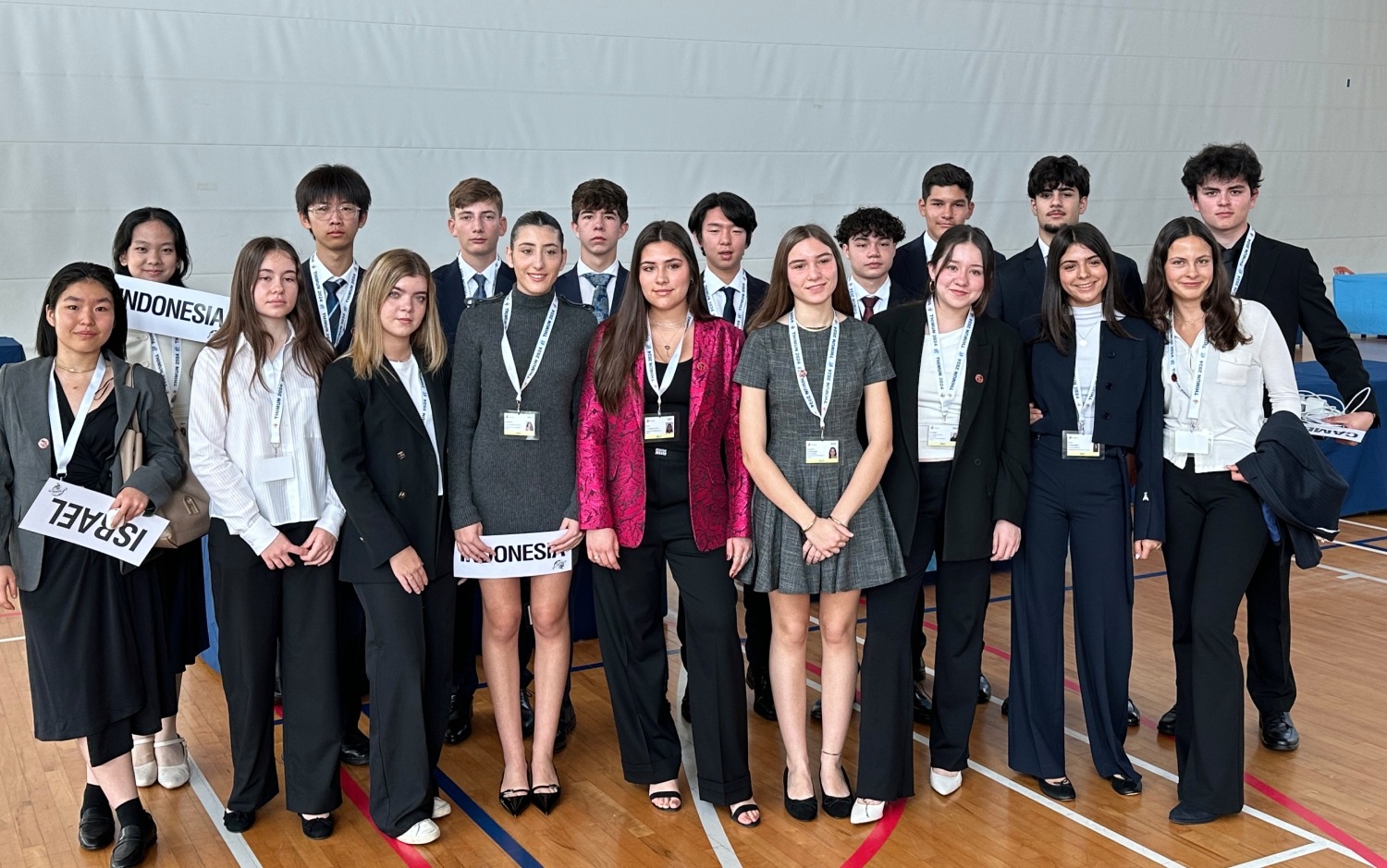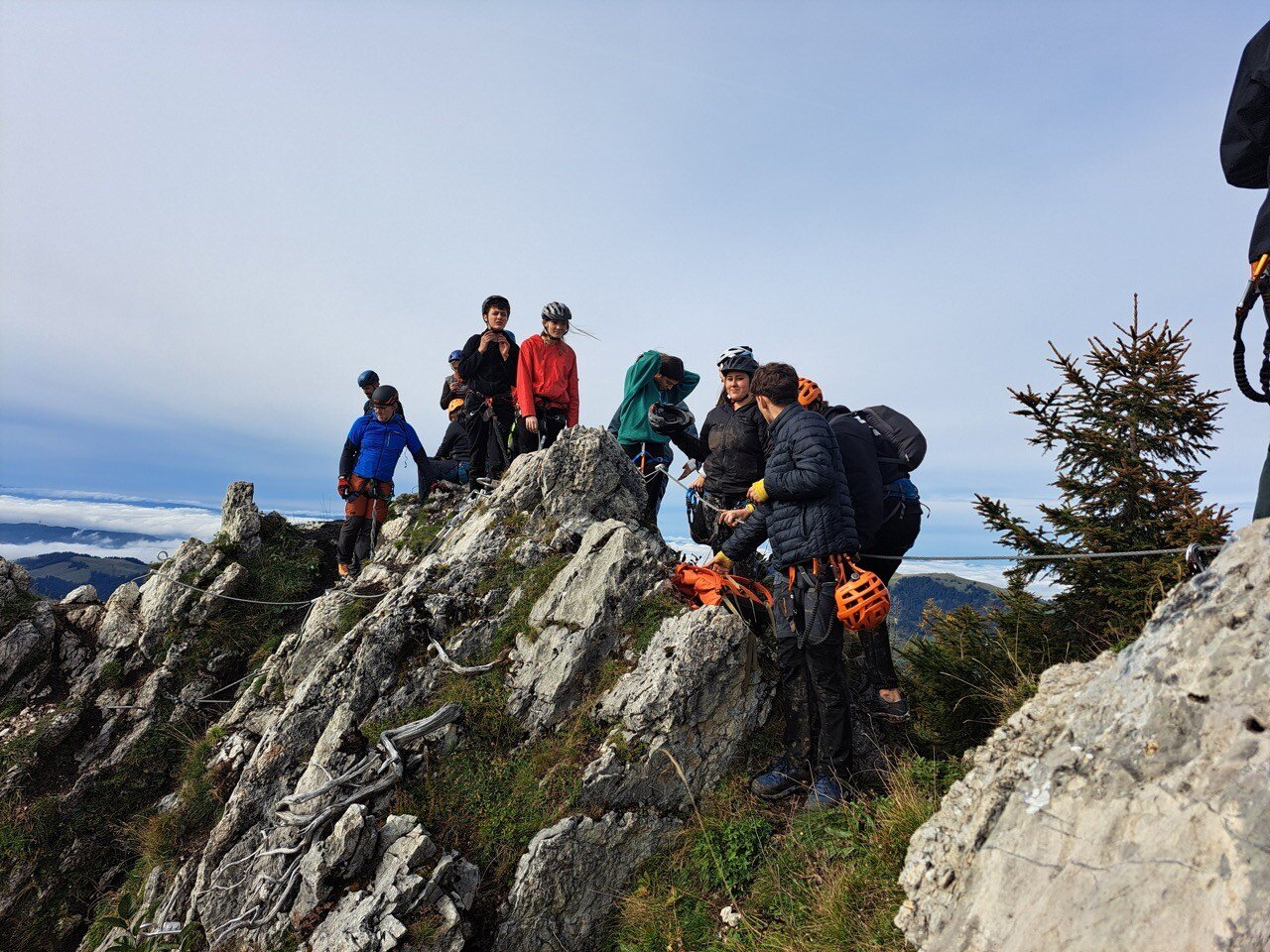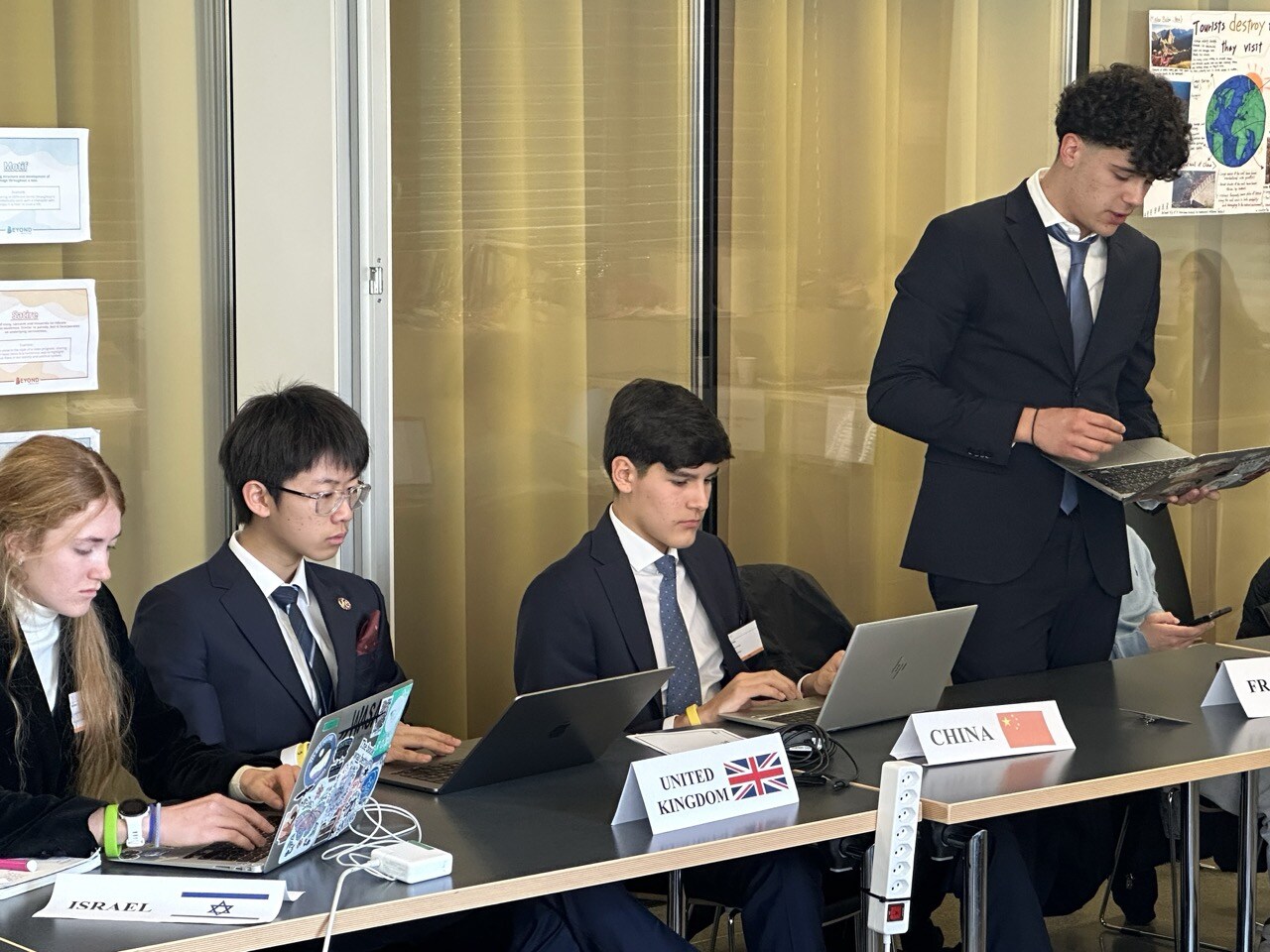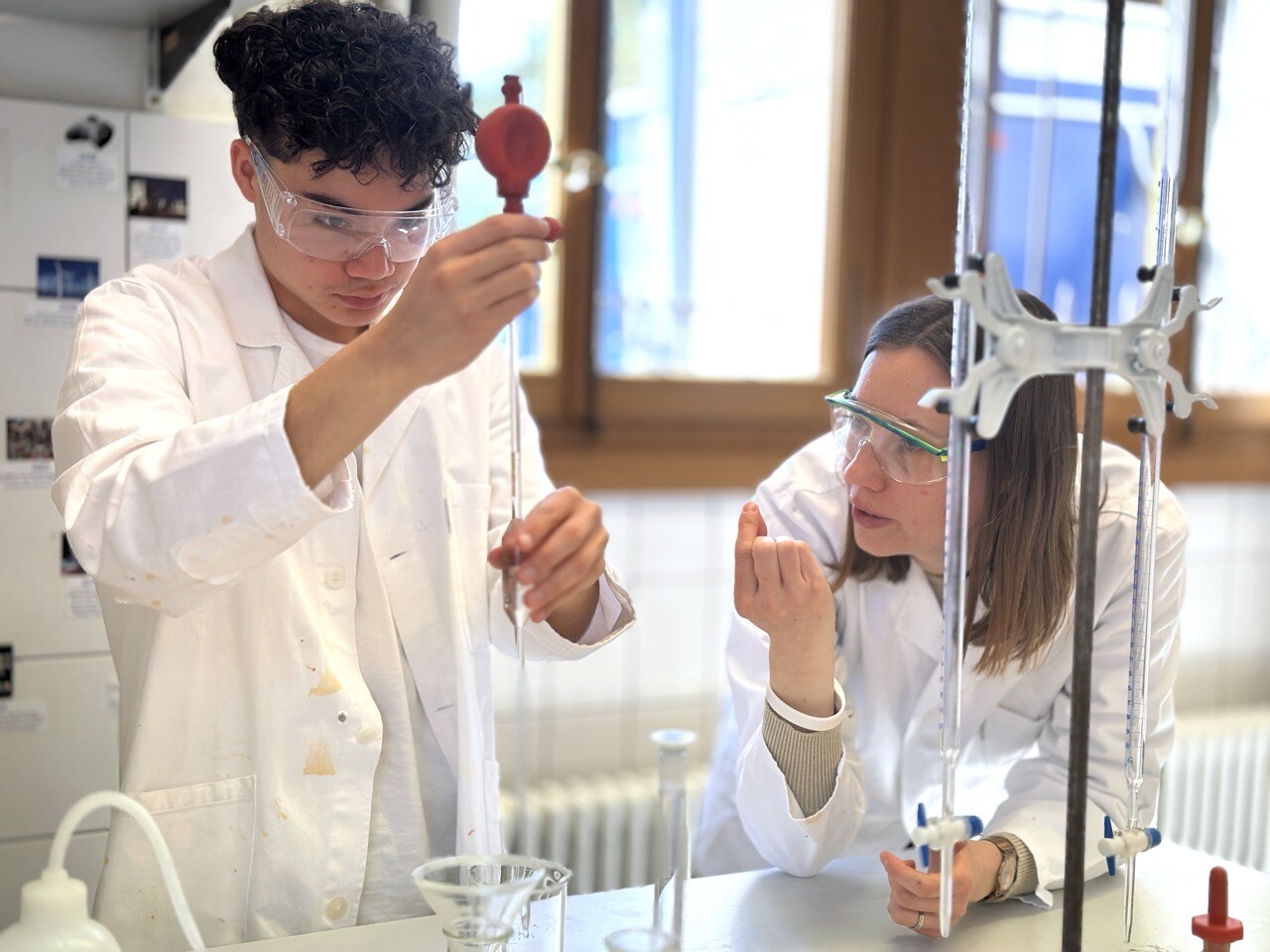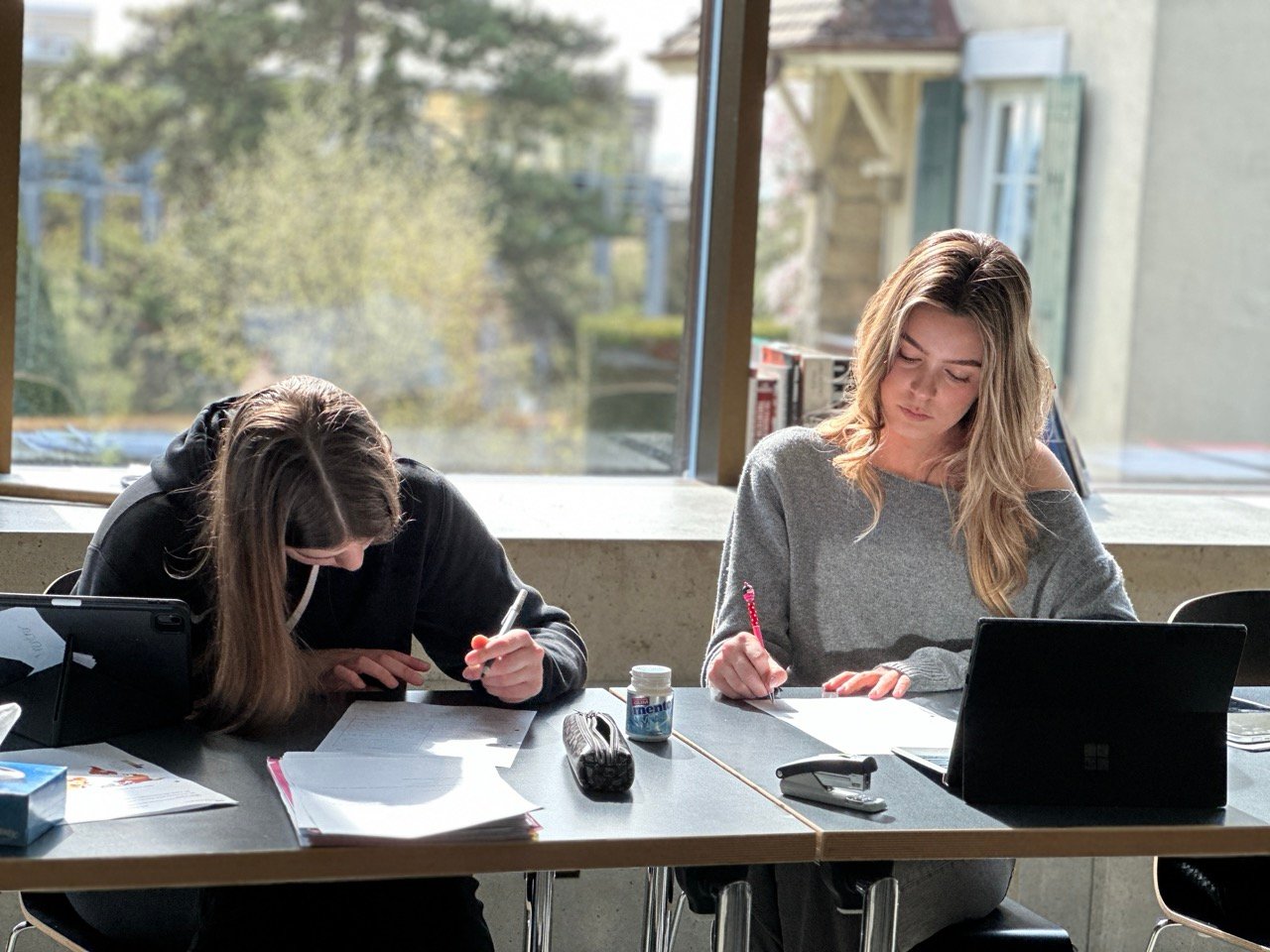Exams can be a daunting challenge, but with the right strategies, students can turn stress into success. At Brillantmont International School, the focus is on combining effective revision techniques with well-being to ensure a balanced and productive study routine. Mrs. Federica Spigarelli, the Pastoral Care and Wellbeing Coordinator and PSHE teacher, offers expert advice on preparing for exams, whether for the British IGCSEs, A Levels, or earning credits for the American High School diploma. The school encourages students to view mid-year exams as an opportunity to showcase their learning and skills, rather than as a threat. Effective time management is key to reducing exam stress. Starting early, breaking study material into manageable chunks, and avoiding cramming are essential steps. The Pomodoro Technique is recommended for maintaining focus during revision sessions, involving 25 minutes of study followed by a 5-minute break, with longer breaks after four cycles. Utilizing quiet study areas like the library and classrooms, and alternating between individual and group study sessions, can also enhance productivity.
Setting realistic goals and employing diverse revision techniques are crucial for exam preparation. Active engagement with the material through reading and writing aids in better retention and understanding. Techniques such as mind maps and flashcards are particularly effective for organizing ideas and learning new vocabulary. Explaining concepts to peers can reinforce understanding and facilitate memorization. Seeking help from teachers when facing difficulties is encouraged, as they can clarify concepts and guide students through the material. While technology can be a useful tool, active revision on paper is recommended for better memory retention. Boarding students at Brillantmont International School benefit from a structured routine that balances study with rest. Maintaining a healthy lifestyle, including balanced meals, adequate hydration, and sufficient sleep, directly impacts academic performance and well-being. Physical activity, such as sports or walks in the nearby Parc de Mon Repos, helps manage stress. Mindfulness techniques and seeking support from trusted adults can alleviate overwhelming stress. Embracing mistakes as part of the learning journey fosters growth and resilience, preparing students not just for exams but for future challenges.

